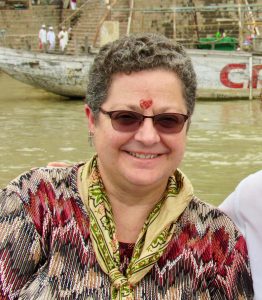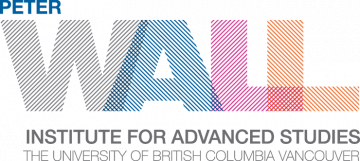IRES Seminar Series
Time: 12:30pm to 1:30pm (every Thursday)
Location: AERL Theatre (room 120), 2202 Main Mall
*********************************************************************************
*** VIEW SEMINAR RECORDING (Audio begins at 4:17min)***
Action research tackles the ‘wicked’ sustainability problem of agricultural intensification
Abstract:
Agricultural development is facing a sustainability crisis. Conventional science has focused on intensification pathways that support crop yield gains, at the cost of pollution, biodiversity loss and food system vulnerability. Action science offers an alternative, one that builds on client-oriented, participatory approaches to co-learning in an iterative manner. This talk will draw on decades of agroecology action research in Malawi to explore an alternative to reductionist, conventional approaches. Beyond enhancement of adaptive capacity, refined agroecology principles of diversification and slow processes were identified. Agricultural system performance for multiple domains was enhanced through functional trait complementarity and redundancy. We found evidence for a ‘goldilocks’ semi-perennial growth type as an overlooked form of crop diversity. Multipurpose, shrubby food legumes was a goldilocks innovation that was a farmer preferred means to recouple carbon and nutrient cycles and improve yield stability. Come learn about participatory action research on agroecology, for novel alternatives to annual-centric intensification of crops.
Sieglinde Snapp

Professor, Michigan State University, Department of Plant, Soil and Microbial Sciences
Bio:
Sieglinde Snapp is a Professor of Soils and Cropping Systems Ecology, Assoc. Director, Center for Global Change Earth Observations at Michigan State University, and Senior Advisor to Innovation Systems for the Drylands, ICRISAT. She is ‘Mother of the Mother and Baby Trial’, used in dozens of countries as a participatory action approach to improve research relevance. Through interdisciplinary, open-access science, her team has helped shape agricultural policy in Malawi, flagged declines in soil productivity, and identified overlooked forms of crop diversity for sustainable food systems: http://globalchangescience.
Website: https://www.canr.msu.edu/people/snapp
Note:
Sieglinde Snapp is also an International Visiting Research Scholar at the Peter Wall Institute for Advanced Studies.
